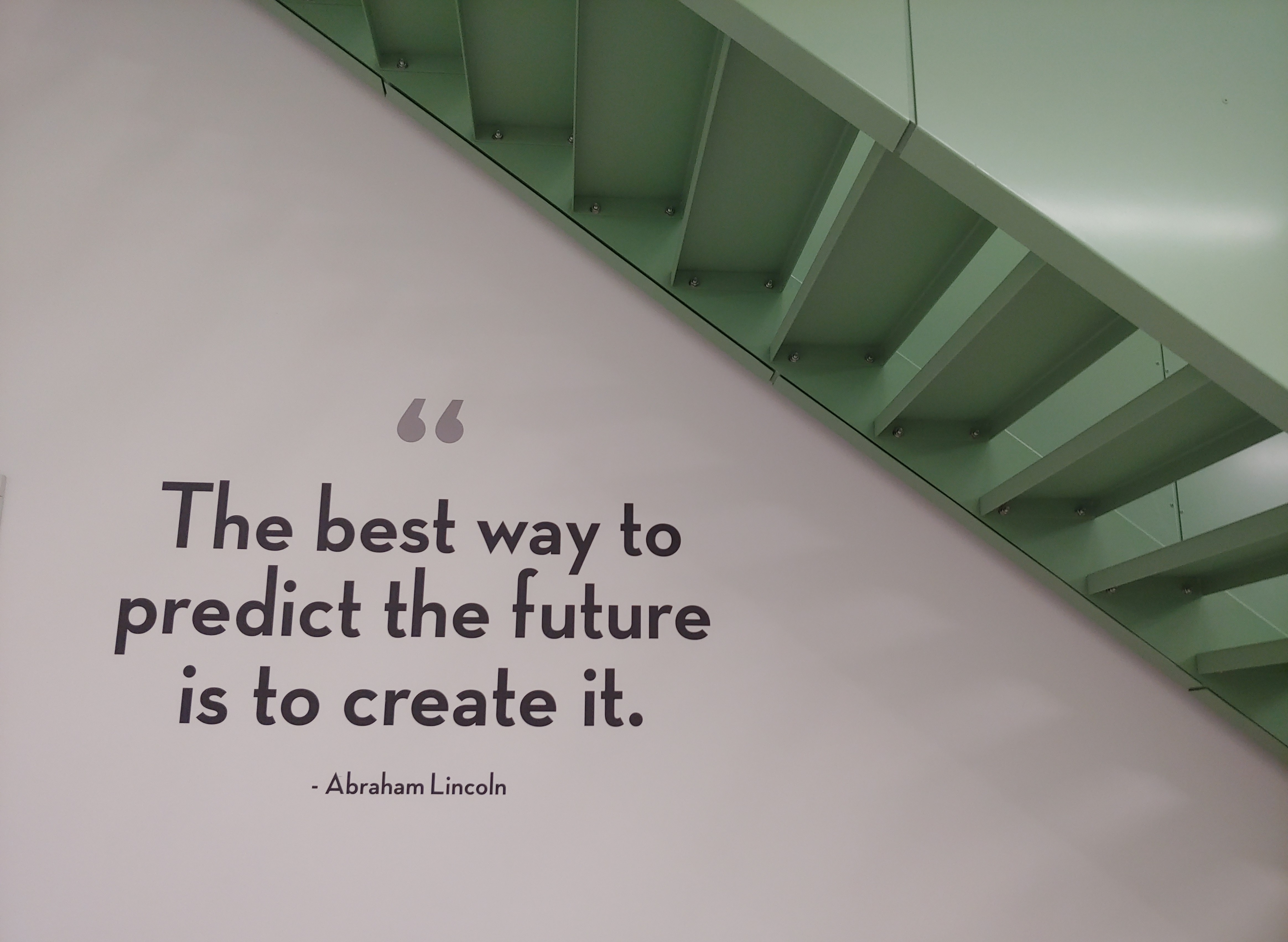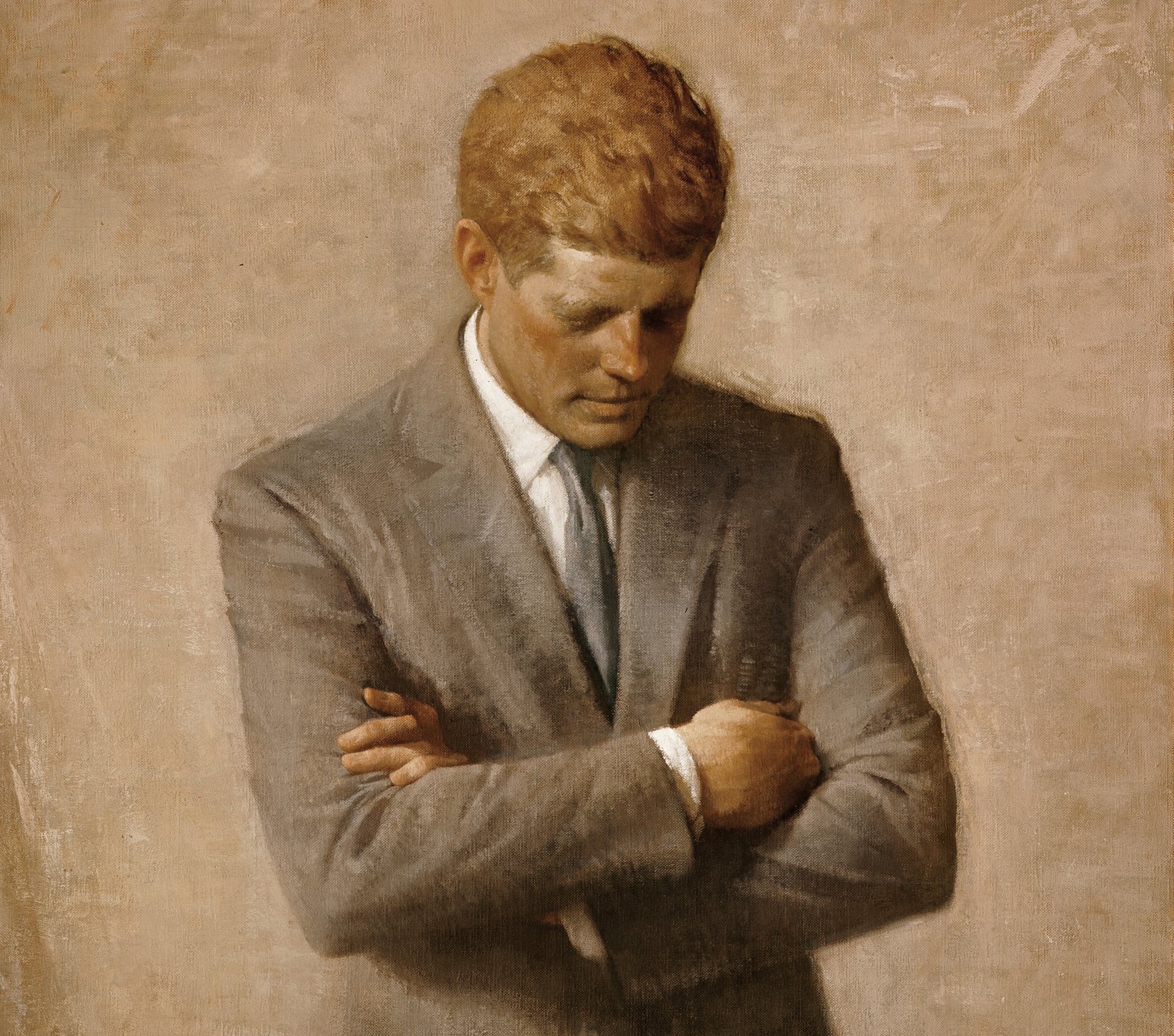Martin Luther King: master of metaphor
I was invited this week by Patricia Mansencal to give an online-workshop on the Power of Metaphor at the newly chartered but already wonderfully dynamic Toastmasters Academy Rome.
Metaphors are powerful because they are visual and because they help us explain concepts in a non-abstract way. I mentioned recent creative uses of metaphor by my fellow Toastmasters Allisha Ali, Krisztina Stump and by Florian Mueck, with whom I recently had the honour to share the online stage at Lukas Liebich’s Storyteller Sundays.
At Toastmasters you always always always get feedback. Lilian Shaftacola, a fellow Toastmaster from Cyprus, recommended one thing I didn’t do: give examples from a famous speech. Read more…





